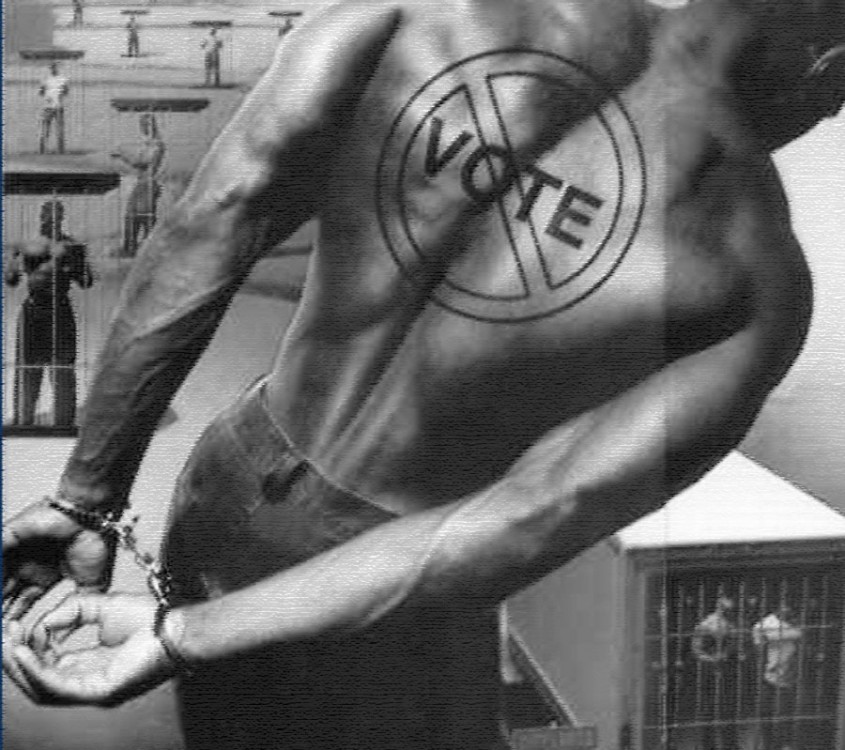
Lawmakers introduced a bill Wednesday that would restore voting rights in federal elections to nearly 4.4 million U.S. citizens with past criminal convictions, after they are released from prison.
The Democracy Restoration Act was introduced by U.S. Sen. Ben Cardin, D-Md., and U.S. Rep. John Conyers, D-Mich. Similar versions of the bill have been introduced in past congressional sessions.
“Millions of American citizens are without a political voice in federal elections because the current patchwork of laws that disfranchise people with criminal records has created an inconsistent and unfair electoral process,” Deborah J. Vagins, senior legislative counsel for the American Civil Liberties Union (ACLU), said in a news release issued Wednesday.
She urged Congress to pass the bill, arguing that many criminal disfranchisement laws stemmed from the Jim Crow era with the intent of keeping African-Americans from voting.
Disfranchisement policies are exacerbated by racial disparities in the criminal justice system, resulting in one out of every 13 African-Americans being barred from voting, according to the Sentencing Project, an organization that advocates for criminal justice reform.
Currently, 35 states have policies that prevent people from voting after their release from prison, according to the Brennan Center for Justice, a nonpartisan law and policy institute at the New York University School of Law.
The new bill has garnered support from a diverse coalition including social and racial justice organizations, law enforcement associations and civil rights groups, according to the Brennan Center for Justice.
Opponents argue that those who break the law should not be trusted to influence the making of new laws by voting. Others oppose restoring voting rights because ex-felons are considered more likely to vote Democratic.
But support for rights restoration is growing, the ACLU said in its news release.
Last month, U.S. Sen. Rand Paul, R-Ky., introduced a limited form of the bill that would restore voting rights for nonviolent offenders. Similar bills are moving in Maryland and Kentucky, some with bipartisan support, the ACLU release said.
U.S. Attorney General Eric Holder last year called for the restoration of voting rights to ex-convicts, saying such restrictions disproportionately hurt racial minorities.
“At a time when our country is considering the legacy of Selma, and the equality at the ballot box it helped bring, preventing people from voting is just not acceptable,” Nicole Austin-Hillery, director and counsel of the Brennan Center’s office in Washington, D.C., said in a news release.
3 WAYS TO SHOW YOUR SUPPORT
- Log in to post comments












